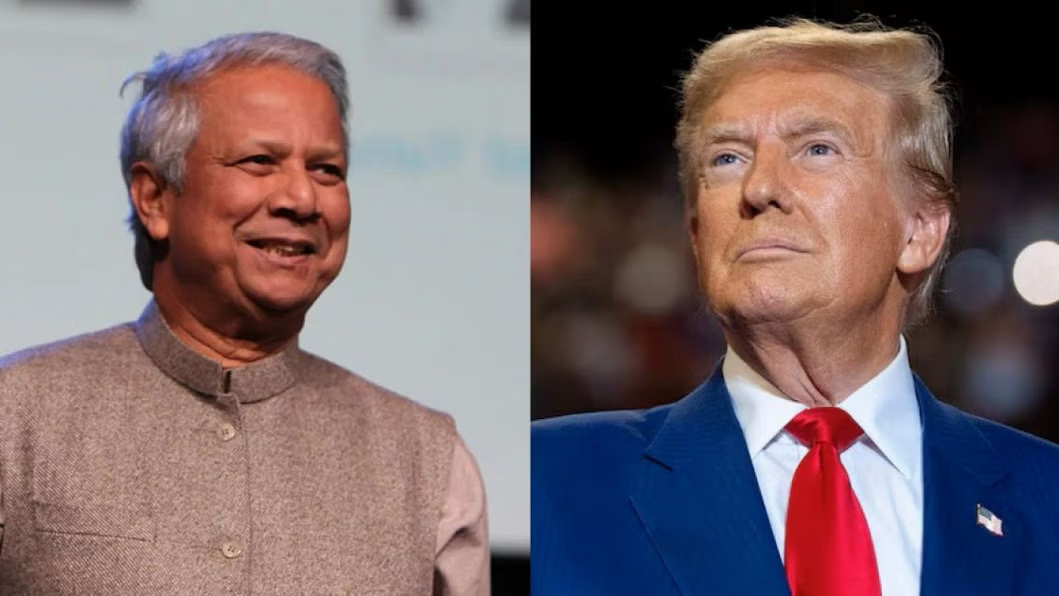Interim Government of Bangladesh Requests 3-Month Suspension of 37% Tariff Imposed by President Trump
The interim government of Bangladesh, headed by Muhammad Yunus, has written a letter to President Donald Trump requesting the suspension of the 37% tariff on imports from Bangladesh for three months, according to his press office on Monday. In the letter, Yunus outlined the measures Bangladesh has taken to increase imports from the United States.
Interim Government of Bangladesh Requests 3-Month Suspension of 37% Tariff Imposed by President Trump
Interim Government of Bangladesh Requests 3-Month Suspension of 37% Tariff Imposed by President Trump
Dhaka, April 7 – The interim government of Bangladesh, headed by Muhammad Yunus, has written a letter to President Donald Trump requesting the suspension of the 37% tariff on imports from Bangladesh for three months, according to his press office on Monday. In the letter, Yunus outlined the measures Bangladesh has taken to increase imports from the United States.
Bangladesh's exporters, particularly in the garment sector, are preparing to deal with the impact of this tariff. Yunus, who assumed the role of head of the interim government following the fall of Prime Minister Sheikh Hasina's government in August, highlighted the steps that Bangladesh has already taken to strengthen bilateral trade. In the letter, Yunus writes, "We are the first country to take such an active initiative," referring to the trade discussions initiated by his representative, Khalilur Rahman, during a visit to Washington in February. Since then, officials from both countries have been working together to identify actions that will help increase U.S. exports swiftly.
The letter mentions that Bangladesh was the first country in South Asia to sign long-term contracts for importing U.S. liquefied natural gas, and it is working to expand trade in agriculture, energy, and technology sectors. According to the letter, the government is now focusing on increasing imports of U.S. agricultural products, such as cotton, wheat, corn, and soybeans.
To achieve this goal, Bangladesh is finalizing a bonded warehousing facility that will provide duty-free access to U.S. cotton and ensure fast delivery to local producers.
Yunus also stated that Bangladesh has imposed the lowest tariffs on U.S. export products in South Asia and plans to offer further reductions.
He also mentioned several reforms that will ease non-tariff barriers: "We are eliminating some testing requirements, rationalizing packaging, labeling, and certification rules, and simplifying customs processes and standards."










